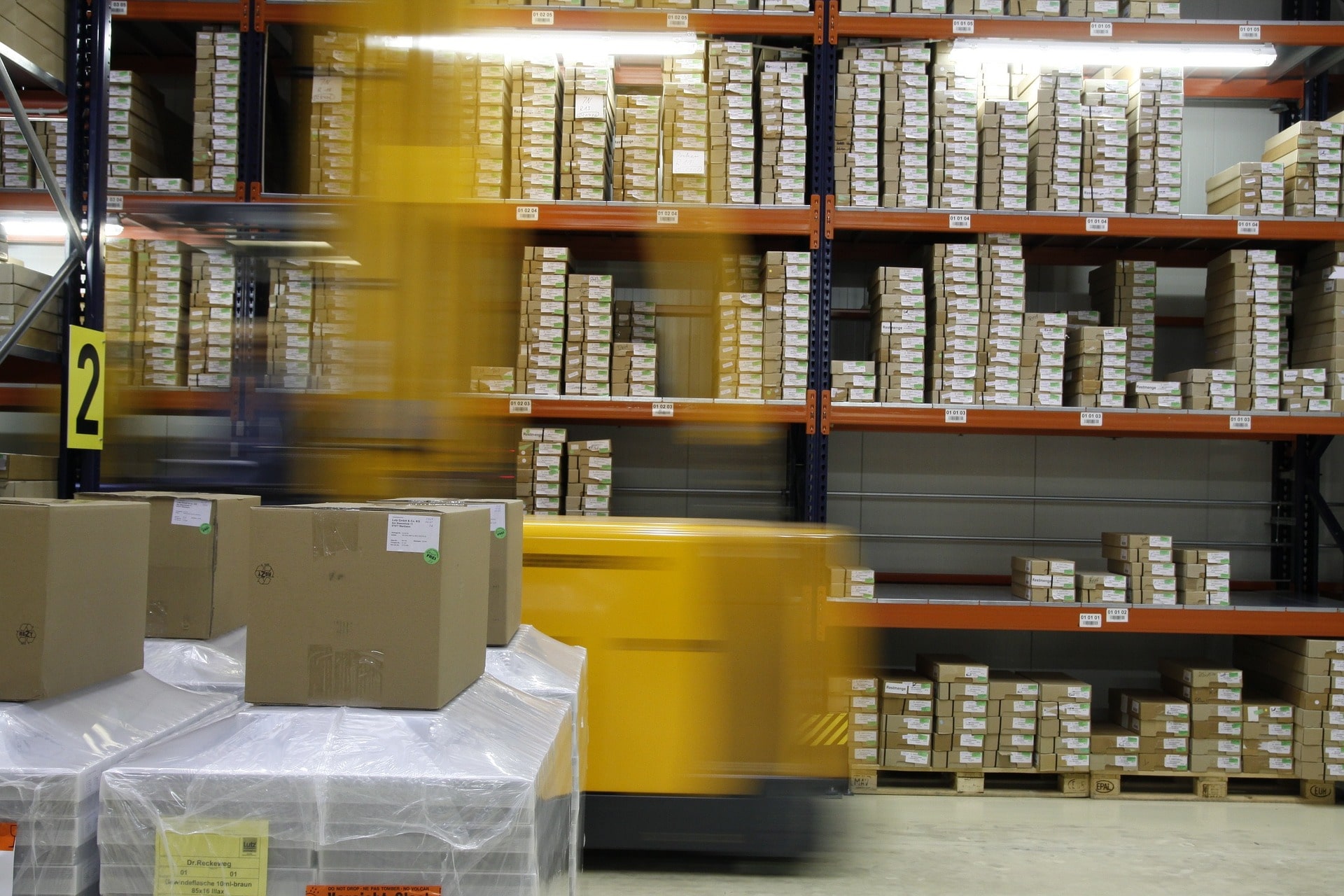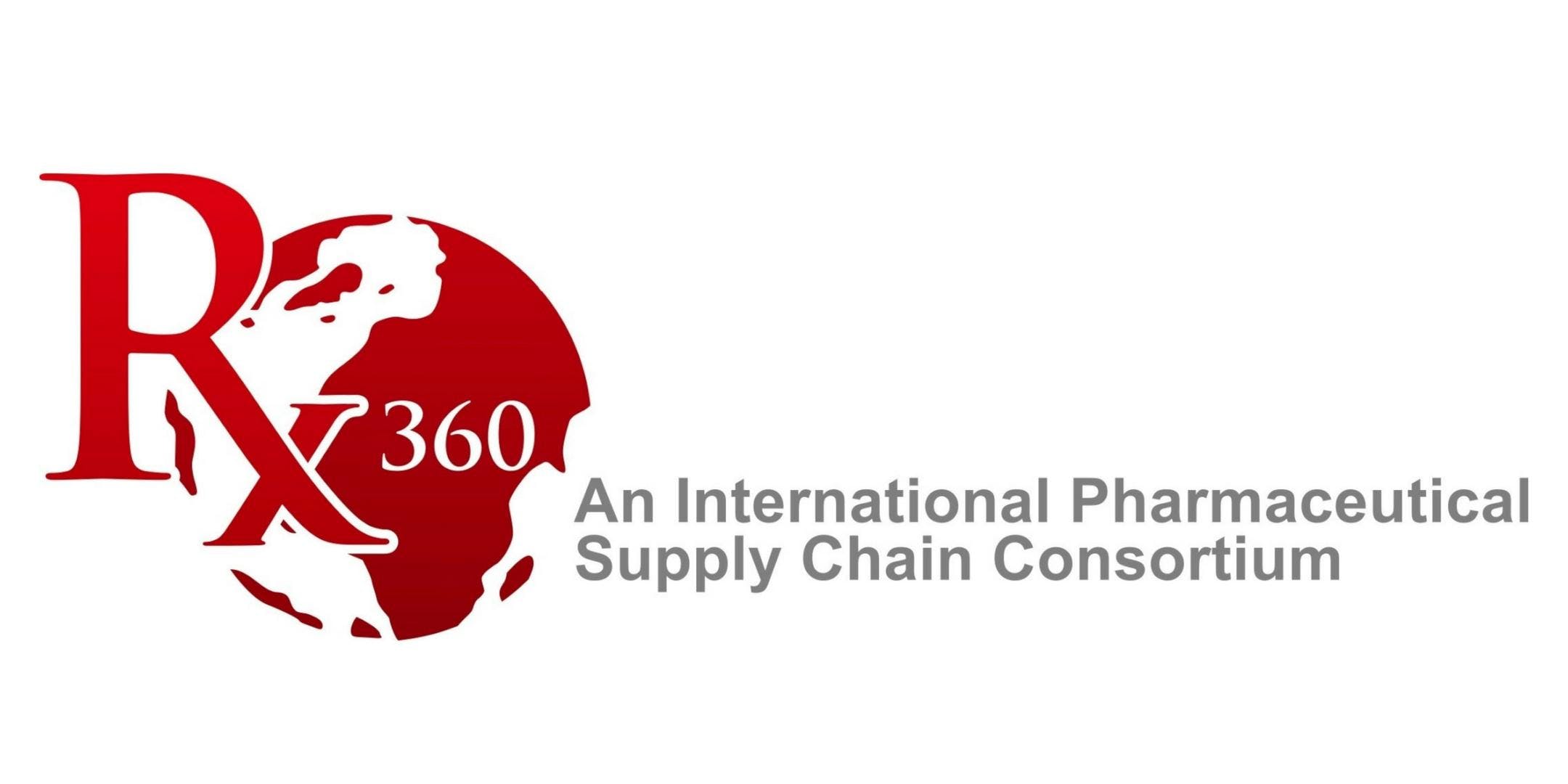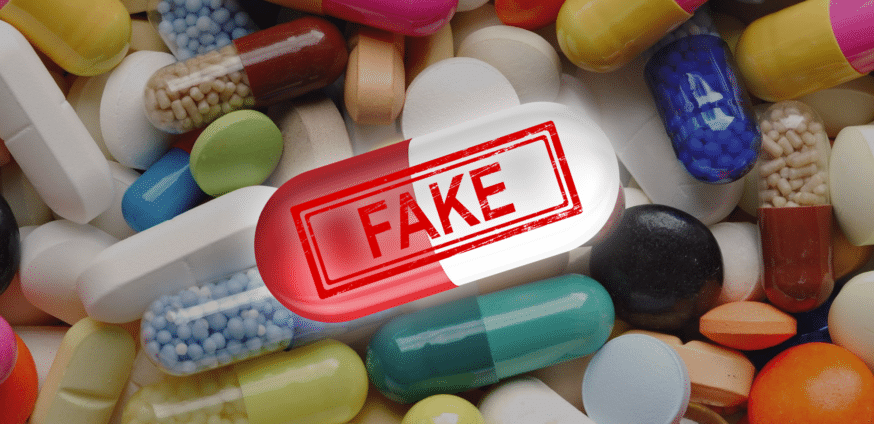In the world of supply chain management, blockchain offers many solutions to old problems such as reducing wastage through spoiled products. However, some industries suffer from worse problems in this area. The pharmaceutical supply chain has an ongoing battle — to combat the issue of counterfeit drugs entering the market. The deadline for complying with legislative controls is looming over pharmaceutical companies, meaning this battle is only getting more heated. However, blockchain could be the cavalry that helps to win the day.
Counterfeit Drugs – the Scale of the Problem
The counterfeit drugs trade is worth a staggering $30 billion a year, based on 2017 WHO estimates that one in ten products sold in developing countries is either fake or substandard. The problem of counterfeiting, in general, is problematic for manufacturers as it causes a loss of revenue and reputation. For the pharmaceutical industry, it has far greater repercussions – loss of thousands of lives.
Counterfeit drugs contain either only part of, or none of, the active ingredient compared to the genuine article. Meaning that in the worst case they are entirely useless to the person taking them. The University of Edinburgh undertook some modeling exercises on WHO findings. These estimate that up to 169,000 children each year may be dying from pneumonia due to not receiving the right medication.
Sub-Saharan Africa is one of the poorest parts of the world. There, inadequate antimalarial medication leads to increased medical costs estimated at $38 million. These costs are spent on the care of around 116,000 people each year, according to the London School of Hygiene and Tropical Medicine. The people are victims of substandard or fake drugs,
The problem doesn’t just affect developing countries. In today’s developed world, online sales of counterfeit “lifestyle drugs” like steroids or treatments for erectile dysfunction are still scarily commonplace. One compiles some frankly hilarious scam Viagra ads from the earlier days of the internet. While it is easy to poke fun, purchasing pills online from some shady dealer who doesn’t care what he is selling is still pretty dangerous.

How Do Counterfeit Drugs Enter the Pharmaceutical Supply Chain?
It can happen in a multitude of ways. It is relatively easy for scam distributors to knock up pills for sale to unwitting online consumers. However, fake drugs can enter the pharmaceutical supply chain earlier in the process. Drug manufacturers may end up unwittingly buying fake or substandard ingredients.
Global supply chains are now so vastly complex that big pharma companies may not know with certainty the volume of each drug stored in each location. Such complexity gives rise to the opportunity for corrupt players to substitute or contaminate batches of drugs.
Boxes of product often change hands many times before they get to a consumer. Therefore, it can happen that quality checks performed at each stage of the supply chain are insufficient. Border controls may not be robust enough to catch counterfeit drugs crossing international boundaries.

Legislative Controls
Governments are now starting to legislate. This puts pressure on companies to reduce the incidences of counterfeit drugs entering the pharmaceutical supply chain. In the EU, The Falsified Medicines Directive was passed in 2011 and puts obligations on the manufacture of medicines in member states. These include the requirement for packaging to have a unique identifier and anti-tamper device attached. More stringent record-keeping for wholesale pharmaceutical distributors is a further requirement.
Similarly, in the US, the Drug Supply Chain Security Act (DSCDA) was passed in 2013 and requires compliance by 2023. It serves a similar purpose to the EU directive. However, it also refers to an interoperable, electronic system for sharing the provenance of drugs entering the market.
Blockchain Solutions for Pharmaceutical Supply Chains
In light of the legislative measures, the timing of the emergence of blockchain technology seems almost poetically provident. Via the means of digital tags, blockchain offers the ability to track assets throughout a supply chain. The secure sharing of data about those assets that would be likely to satisfy the requirements of the DSCDA legislation.
The use of blockchain offers pharmaceutical companies a higher degree of control and visibility over operations in their supply chains. It also creates a better degree of transparency between players in the industry. From a consumer perspective, they get a higher degree of assurance that the pharmaceutical product they are purchasing is genuine.
Rx360
There are already several companies seeing the opportunities in this area. The Rx360 Consortium was set up in 2009 as an international pharmaceutical supply chain consortium. It comprises some of the biggest names in pharma, including Bayer, Novartis, Roche, and Pfizer. In 2017, the consortium participated in a study with the goal to “explore the potential use of blockchain technology as a way to establish trust between trading partners in the U.S. pharmaceutical supply chain.”

The study ultimately concluded that further research and evaluation would be needed. However, the results recognized that “critical challenges in protecting the integrity of the health supply chain appear well suited for the adoption of blockchain technology.”
There are individual companies also exploring blockchain solutions for managing pharmaceutical supply chains. The Mediledger project is developing a permissioned blockchain network for the pharmaceutical industry. The company website explicitly references the DSCDA legislation and the focus on building an interoperable system for verifying the provenance of each medicine. Lifecrypter also published a paper outlining similar aims.
Final Thoughts
The power of blockchain to secure pharmaceutical supply chains is only a part of how blockchain will transform the healthcare industry as a whole. Reducing the entry of counterfeit drugs to the market will bring true life-saving benefits to the world. However, it is naturally incumbent on the pharmaceutical industry to be risk-averse. Therefore, it is likely that blockchain-based supply chain solutions in other sectors will have to successfully prove their worth. Once that happens, pharmaceutical manufacturers will start to integrate the technology into their supply chains.
[thrive_leads id=’5219′]
Never Miss Another Opportunity! Get hand selected news & info from our Crypto Experts so you can make educated, informed decisions that directly affect your crypto profits. Subscribe to CoinCentral free newsletter now.










